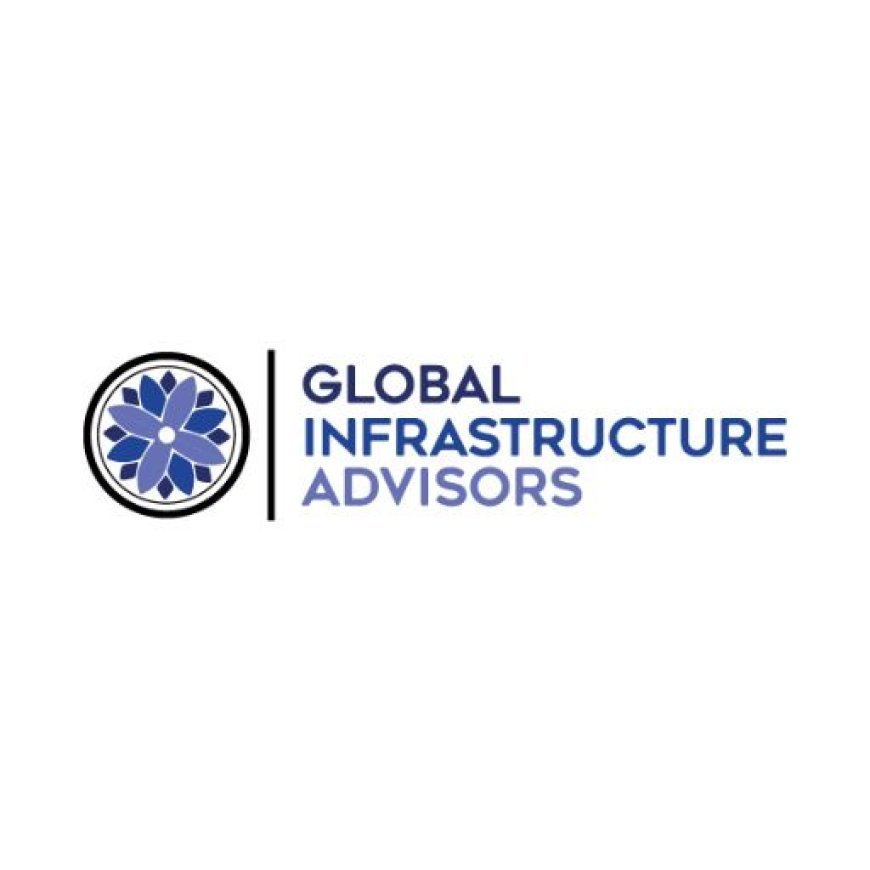How Project Advisory Services Reduce Risk and Maximize ROI

Managing a project—whether it’s building a new road, creating a wind farm, or upgrading public utilities—is never easy. There are so many moving parts, and if just one thing goes wrong, it can lead to delays, extra costs, or even project failure. That’s where project advisory services come in. These services help organizations plan better, avoid costly mistakes, and get the most value from their investment.
In simple terms, project advisory experts are like experienced guides. They help you plan your project, make smart decisions, and stay on track from start to finish. Let’s take a closer look at how these services help reduce risks and boost your return on investment (ROI).
What Are the Common Risks in Big Projects?
Before we dive into solutions, let’s talk about the problems. Large projects—especially in construction, energy, or public infrastructure—often face:
-
Delays due to poor planning or unforeseen issues
-
Budget overruns from underestimating costs or sudden changes
-
Regulatory problems from not following laws or rules
-
Quality concerns from using the wrong materials or poor workmanship
-
Poor communication between teams and partners
Even a small problem can snowball into something much bigger. That’s why identifying and solving problems early is so important.
How Project Advisory Services Help
Here’s how expert advisors make a big difference in any complex project:
1. Clear and Smart Planning
Good planning is the first step to success. Advisors help create a detailed plan that outlines what needs to be done, when, and how much it will cost. They also help figure out potential risks and how to handle them before the project even begins.
By starting strong with a smart plan, teams are better prepared and less likely to make costly errors down the line.
2. Budget and Time Management
Everyone wants to finish a project on time and within budget. Advisors help track spending, set up cost controls, and create a clear timeline. If something unexpected happens, they can help you adjust quickly without throwing the whole project off course.
This helps save money, reduce stress, and keep everyone focused on the goal.
3. Regulatory and Legal Guidance
Rules and regulations can be confusing. Advisors make sure the project meets all the legal requirements—from zoning laws to environmental rules to safety codes. This prevents delays or penalties that could come from breaking the rules by accident.
4. Better Communication
A lot of problems in projects come from poor communication. Advisors often act as a bridge between owners, engineers, contractors, and government agencies. They help make sure everyone is on the same page, reducing confusion and mistakes.
5. Quality Control
Good advisors don’t just focus on the schedule and budget—they also care about quality. They help set quality standards and check that the work meets those expectations. This helps avoid problems later, like repairs or safety issues.
Real-World Example: A Wind Energy Project
Imagine a company building a wind farm in the Midwest. The project involves land surveys, permits, equipment, and lots of coordination. Without expert help, the company might face delays in getting permits, struggle with contractor issues, or go over budget.
Now, picture the same project with a project advisory team. The advisors would create a roadmap, help get permits faster, manage the budget, and watch for risks along the way. In the end, the project would likely be finished on time, cost less, and start producing clean energy sooner.
That’s the power of project advisory support.
How It Improves ROI
Your ROI—or return on investment—is how much you get back compared to what you put in. The goal of any project is to make that return as big as possible. Here’s how advisors help with that:
-
Preventing mistakes saves money.
-
Avoiding delays means quicker results.
-
Getting better quality means fewer problems later.
-
Making smarter decisions means more value from every dollar.
All of this adds up to a stronger, more successful project.
When Should You Hire a Project Advisor?
You don’t have to wait until something goes wrong to bring in an advisor. In fact, it’s best to work with one from the very beginning. They can help choose the right partners, select materials, create budgets, and guide every step of the process.
You can also bring in advisors during a project if things start to get off track. Their fresh eyes and expert knowledge can help fix problems fast.
Conclusion
No matter the size of your project, smart planning and expert guidance can make a huge difference. From avoiding costly mistakes to finishing on time and getting more value from your investment, the benefits are clear.
If you're looking to start a complex project and want peace of mind, it’s a smart move to consider project advisory services early in the process. They don’t just help manage tasks—they help turn big ideas into successful results.
For expert support that helps reduce risk and maximize your ROI, trust Global Infrastructure Advisors—your partners in building smarter, safer, and stronger projects.
What's Your Reaction?




























































